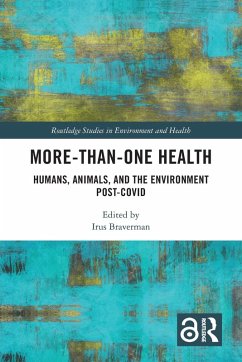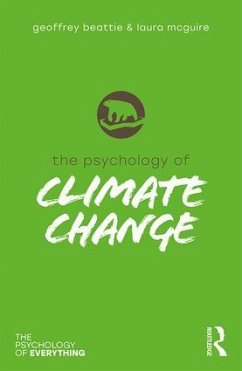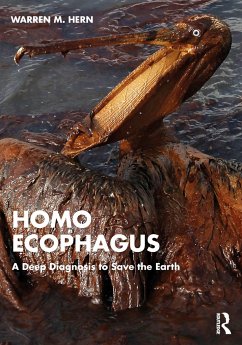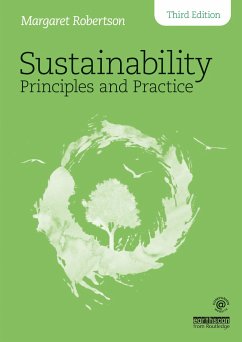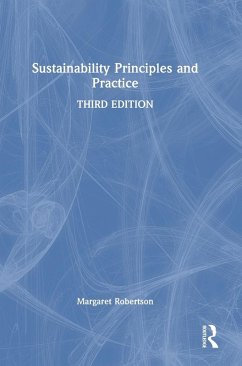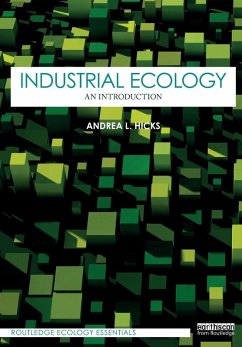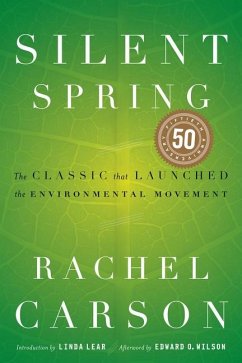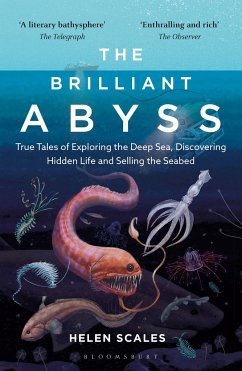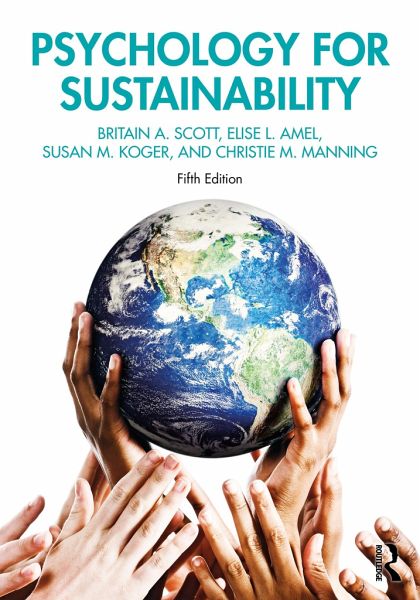
Psychology for Sustainability
Versandkostenfrei!
Versandfertig in 2-4 Wochen
Weitere Ausgaben:

PAYBACK Punkte
49 °P sammeln!




Psychology for Sustainability applies psychological science to so-called "environmental" problems that manifest when human behavior disrupts and degrades natural systems.
Britain A. Scott, PhD, is a professor of psychology at the University of St. Thomas. Britain is a former president of the Society for Environmental, Population, and Conservation Psychology (SEPCP/Division 34 of the American Psychological Association) and is co-creator of Teaching Psychology for Sustainability at www.teachgreenpsych.com Elise L. Amel, PhD, is a professor of psychology and Chair of the Department of Earth, Environment, and Society at the University of St. Thomas. Elise is a former president of SEPCP/APA Division 34 and is the Faculty Director of the St. Thomas Office of Sustainability Initiatives. Susan M. Koger, PhD, is a professor of psychology at Willamette University. Sue is a faculty fellow in Willamette's Sustainability Institute, and she co-authored two previous versions of this text with Deborah Du Nann Winter. She is a co-creator of Teaching Psychology for Sustainability. Christie M. Manning, PhD, is a director of sustainability and a faculty member in environmental studies at Macalester College. In addition to her academic roles, Christie is an activist working with local climate justice groups fighting the expansion of fossil fuel infrastructure.
Produktdetails
- Verlag: Taylor & Francis Ltd
- 5 ed
- Seitenzahl: 430
- Erscheinungstermin: 9. April 2021
- Englisch
- Abmessung: 250mm x 178mm x 25mm
- Gewicht: 1036g
- ISBN-13: 9780367480691
- ISBN-10: 0367480697
- Artikelnr.: 60596167
Herstellerkennzeichnung
Libri GmbH
Europaallee 1
36244 Bad Hersfeld
gpsr@libri.de
Für dieses Produkt wurde noch keine Bewertung abgegeben. Wir würden uns sehr freuen, wenn du die erste Bewertung schreibst!
Eine Bewertung schreiben
Eine Bewertung schreiben
Andere Kunden interessierten sich für


